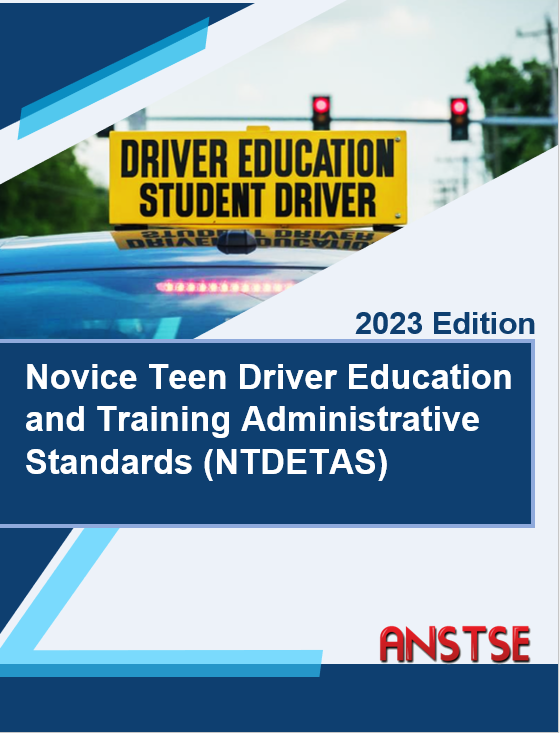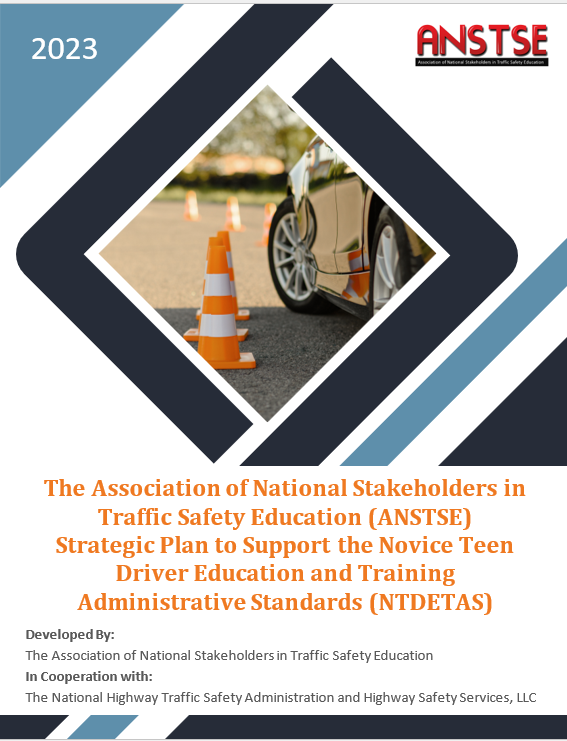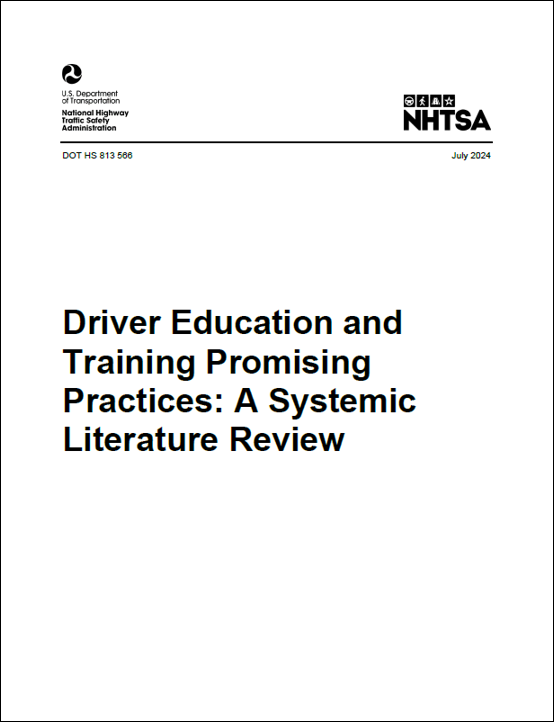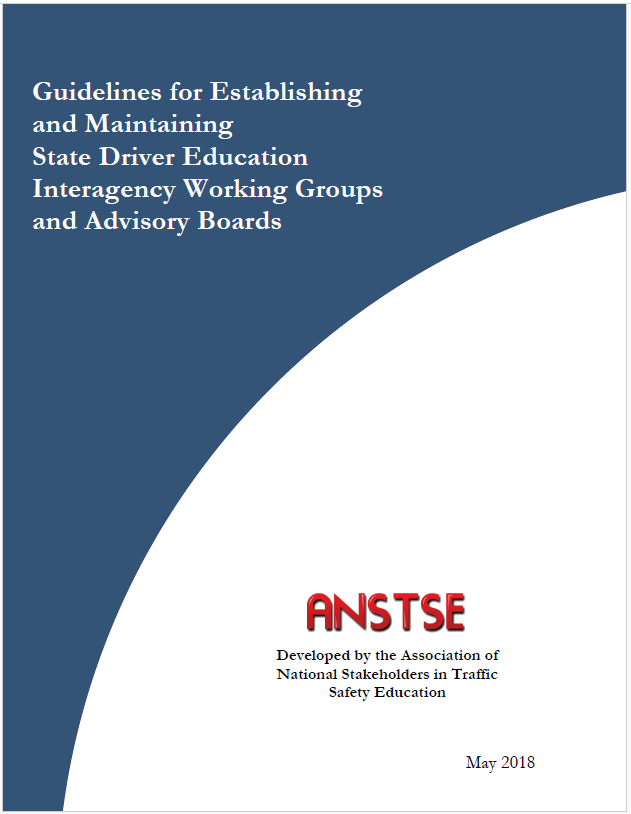Authors
Mayhew, D., Marcoux, K., Wood, K., Simpson, H., Vanlaar, W., Lonero, L., & Clinton, K.
Publisher
American Automobile Association Foundation for Traffic Safety
Website Section
Driver Type
Method
Surveys and Experimental, quasi-experimental and naturalistic studies
Abstract
This study involved a large-scale evaluation of beginner driver education (DE) programs in Manitoba and Oregon. The objectives were to demonstrate more effective evaluation methods, generate new knowledge about safety outcomes and effectiveness of DE, and optimize content and delivery for maximum safety benefits. Surveys were administered to teens in Manitoba and Oregon to measure the influence of DE on student outcomes (knowledge, attitudes, and driving-related behaviors). In addition to the surveys, simulated drive tests and driver license road tests were compared for DE teens and non-DE teens in Manitoba. In Oregon, comparison of the safety performance of DE and non-DE teens in the first months of independent driving, and a cross-sectional comparison of driving records of DE and non-DE teens was also conducted. Overall results showed DE was associated with slightly greater safe driving knowledge, and greater self-reported skills. Although the effects of DE were modest, it was suggested there was still room for course and instructional improvements.
Reference
Mayhew, D., Marcoux, K., Wood, K., Simpson, H., Vanlaar, W., Lonero, L., & Clinton, K. (2014). Evaluation of Beginner Driver Education Programs: Studies in Manitoba and Oregon. AAA Foundation for Traffic Safety, Washington, DC.
Related Topics
Overview, evaluation, evaluating, assessment, studies, findings, practices, culturally responsive, Nebraska university, fresh look, large scale







